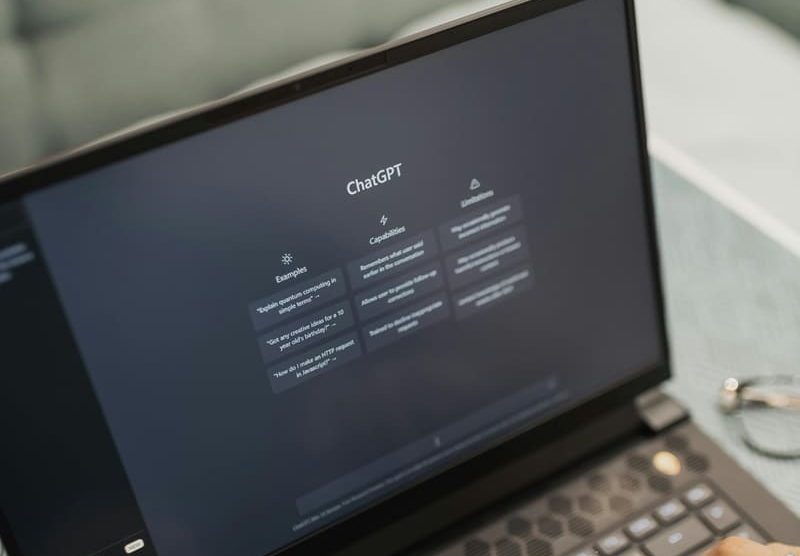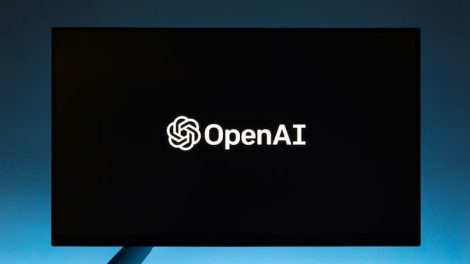ChatGPT’s developers have introduced a groundbreaking feature that allows users to customize personality traits, marking a significant shift in the way artificial intelligence interacts with people. This innovation opens up new possibilities for personalizing AI behavior, ensuring a more tailored and meaningful user experience. The change could redefine not only casual interactions with AI but also professional applications, where customization becomes a critical asset.

Artificial intelligence has long been associated with a one-size-fits-all approach. By enabling custom traits, developers are breaking away from this limitation, giving users more control over their AI assistant’s tone, preferences, and overall demeanor. This feature offers practical applications across multiple industries, including customer service, education, and therapy. For example, businesses could now align their AI assistant’s communication style with their brand identity, ensuring consistency in customer engagement.
In practical terms, customizing personality traits in AI requires sophisticated algorithms capable of adapting to various user-defined parameters. OpenAI has achieved this by refining its GPT architecture, allowing for intricate adjustments in the AI’s response patterns. For instance, users can now determine whether the AI should communicate formally or casually, adopt an empathetic tone, or remain strictly factual. These changes make AI interactions feel more human-like and relatable, increasing user satisfaction.
The technical backbone of this customization involves advanced machine learning models that adapt to user input while maintaining coherence and context. OpenAI has emphasized transparency and control, ensuring users understand how their inputs shape the AI’s personality. This approach builds trust and encourages more widespread adoption of AI tools in sensitive environments like mental health support or education. In therapeutic settings, for example, an empathetic AI could provide comfort and guidance, while a more assertive tone might be preferred in educational contexts.
The customization feature also raises questions about ethical AI use. By allowing users to modify AI behavior, developers must address concerns about misuse. OpenAI has implemented safeguards to prevent harmful customizations, such as promoting offensive language or enabling manipulative behavior. These measures ensure the technology remains a force for good while empowering users with greater control.
Another area where this feature could have a significant impact is accessibility. Customizable personality traits can make AI more inclusive by adapting to the unique needs of diverse user groups. For instance, users with disabilities might prefer an AI that speaks more slowly or uses simpler language. Similarly, non-native speakers could adjust the AI’s responses to align with their language proficiency, fostering better understanding and communication.
Custom traits also enhance the AI’s role in creative and professional applications. Writers, for example, could use a witty AI to brainstorm ideas or develop humorous content. Meanwhile, researchers might prefer a serious, data-driven tone for generating reports or analyzing information. The versatility offered by this feature ensures that ChatGPT can cater to an ever-expanding range of needs, further solidifying its position as a leading AI tool.
In educational environments, this feature holds enormous potential for personalization. Teachers could design AI interactions that suit individual students’ learning styles, whether they require encouragement, structure, or detailed explanations. This approach not only improves engagement but also fosters a more supportive and effective learning experience. Students struggling with specific subjects might benefit from an AI tutor that offers step-by-step guidance in a patient and understanding tone.
Moreover, businesses are likely to find immense value in customizable AI. Brands can align their AI assistants with their core identity, whether it’s professional and polished for a financial institution or friendly and approachable for a retail brand. This ensures consistent communication across all customer touchpoints, enhancing brand loyalty and trust. Additionally, businesses could use this feature to cater to diverse customer segments by adjusting the AI’s tone and demeanor based on cultural or demographic preferences.
While the benefits of this innovation are clear, its success depends on user adoption and feedback. OpenAI has encouraged users to explore the customization feature and provide input on its functionality. This iterative approach allows developers to refine the system, addressing any shortcomings and ensuring the feature meets diverse user needs. By involving the community in the development process, OpenAI demonstrates its commitment to creating user-centric AI tools.
In terms of broader implications, customizable personality traits could influence the future of AI-human interaction. By making AI more adaptable and relatable, this technology bridges the gap between humans and machines, fostering greater acceptance and integration of AI into daily life. This development could also inspire other AI providers to explore similar innovations, driving competition and accelerating advancements in the field.
To better understand the potential of customizable personality traits, consider the following table outlining key applications and benefits:
| Application | Benefit |
|---|---|
| Customer Service | Enhances brand alignment and improves customer satisfaction. |
| Education | Provides personalized learning experiences for students. |
| Mental Health Support | Offers empathetic and tailored guidance for users in need. |
| Accessibility | Adapts to the unique needs of diverse user groups. |
| Creative Industries | Facilitates brainstorming and content creation with a customized tone. |
| Professional Use | Aligns AI responses with industry-specific requirements. |
This table highlights the versatility of the customization feature, demonstrating its potential to transform various aspects of AI interaction. Whether you’re a business owner seeking better customer engagement or an educator exploring new teaching methods, this innovation offers something for everyone.
As you explore the possibilities of customizing ChatGPT’s personality traits, you’ll discover how this feature enhances usability and relevance. It marks a significant step forward in AI technology, setting a new standard for adaptability and personalization. By giving users more control, OpenAI has ensured that ChatGPT remains a valuable and versatile tool for years to come. The journey toward more human-centered AI continues, with this innovation paving the way for even greater advancements in the future.










Add Comment